Starting the year with clear goals and a refreshed mindset can make all the difference in achieving the life you want. Self-help books offer not only motivation but also tested strategies to help you grow personally and professionally. Whether you want to manage time better, create healthier habits, or find meaning in your daily work, these books provide valuable insights for every stage of life. Each title below combines practical wisdom and relatable stories, making the lessons easier to apply. From mastering routines to reshaping your mindset, these reads will help you stay focused and inspired throughout the year.
1. Atomic Habits by James Clear
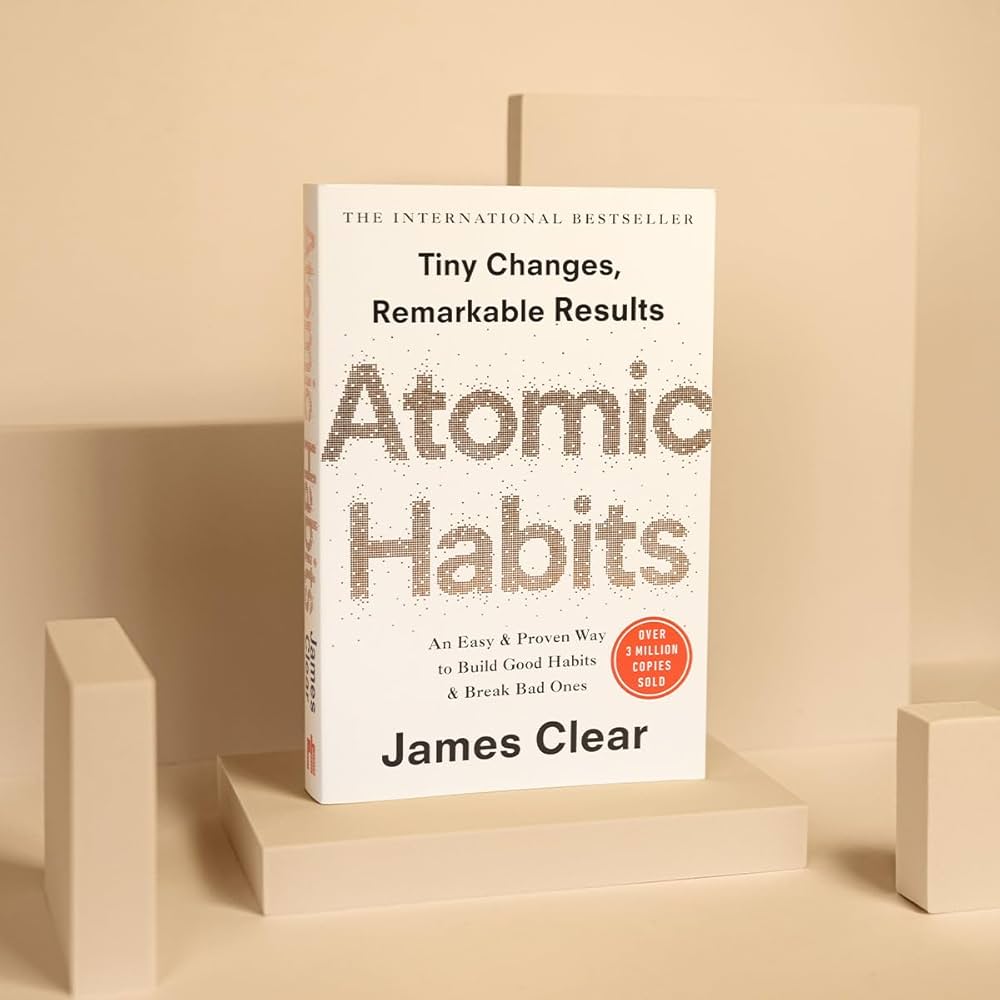
This book is a must-read for anyone seeking meaningful change through small, consistent actions. James Clear explains how habits work, showing how even minor adjustments can lead to remarkable transformations over time. Instead of focusing solely on goals, he teaches readers to design effective systems that support long-term success. The examples and strategies are easy to relate to, making habit-building feel less intimidating and more achievable. Clear’s approach helps readers replace bad habits with better ones using self-awareness and discipline. It’s a practical guide that encourages growth at your own pace while emphasizing progress over perfection.
2. The Power of Habit by Charles Duhigg
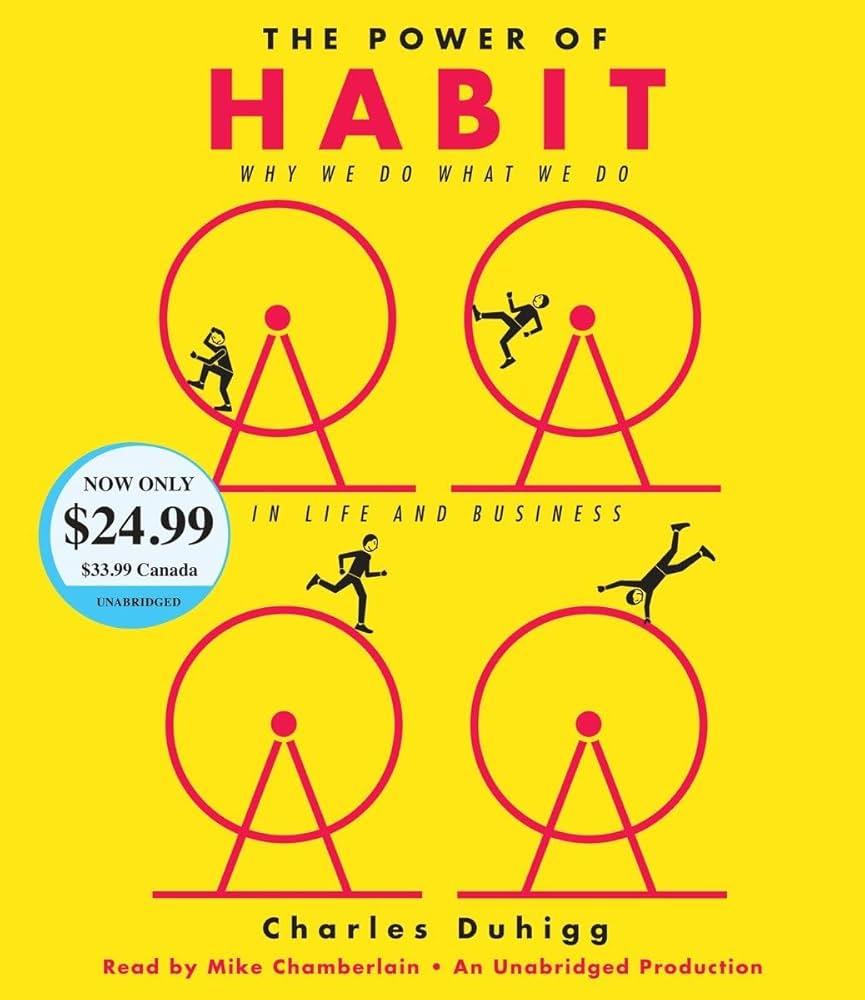
Charles Duhigg dives deep into the science of habits, explaining why we do what we do and how to change it. Through engaging stories from individuals, companies, and communities, he reveals how understanding habit loops can reshape our personal and professional lives. The book emphasizes awareness as the key to transformation. Once you identify cues and rewards, you can alter the routines in between. Duhigg’s storytelling makes behavioral science accessible, inspiring readers to take control of their choices. It’s a thoughtful, research-backed book that helps anyone unlock positive change through small, deliberate steps.
3. The 7 Habits of Highly Effective People by Stephen R. Covey
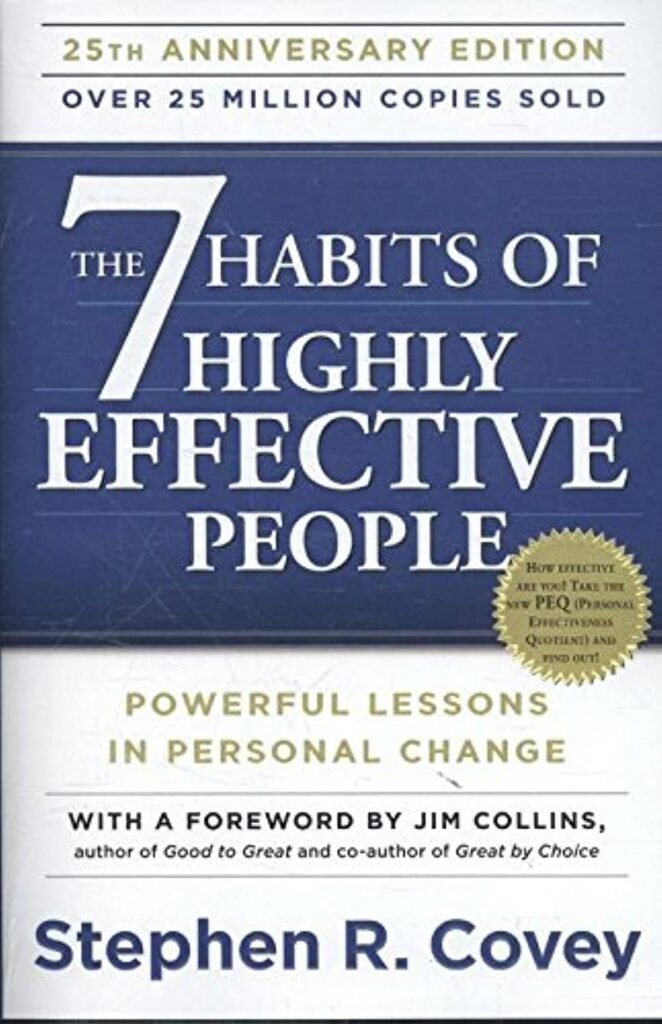
Stephen Covey’s classic remains one of the most influential self-improvement books ever written. It focuses on timeless principles such as integrity, responsibility, and collaboration, encouraging readers to align their actions with core values. Each habit builds upon the next, leading to personal growth, stronger relationships, and greater effectiveness in all areas of life. Covey’s insights promote self-awareness and proactive behavior rather than reactive thinking. The book’s structured approach makes it easy to apply in daily routines, guiding readers to become more purposeful and balanced individuals both at work and at home.
4. Deep Work by Cal Newport
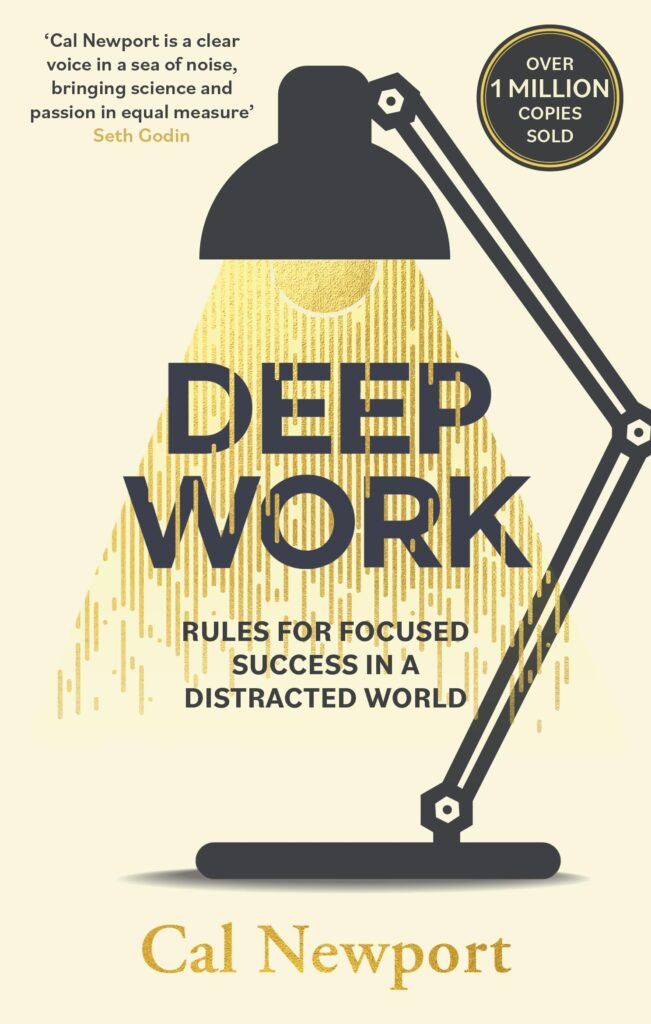
Cal Newport’s Deep Work challenges today’s culture of constant distraction by emphasizing the value of focused, uninterrupted effort. He argues that deep concentration is a superpower in a world filled with shallow tasks and endless notifications. Through real-life examples and research, Newport shows how cultivating deep work can boost productivity and creativity. The book offers practical methods to reduce digital clutter and train your mind for sustained focus. It’s a refreshing reminder that quality work comes from attention, not multitasking. Reading it helps you reclaim time, sharpen your skills, and create meaningful results.
5. Digital Minimalism by Cal Newport
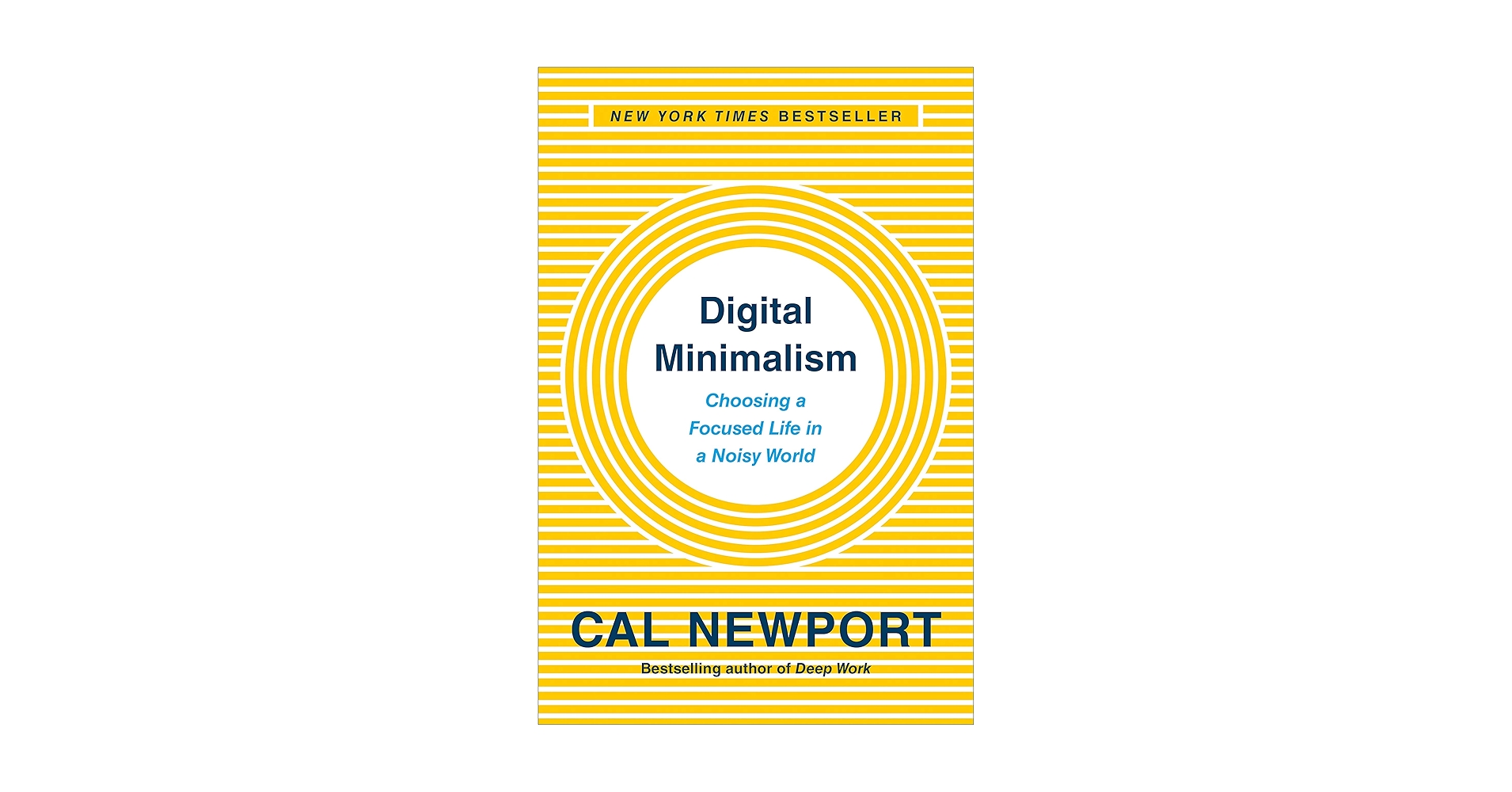
In Digital Minimalism, Cal Newport explores how technology can both connect and overwhelm us. He encourages readers to rethink their relationship with devices and social media by focusing on intentional use. The book is not about rejecting technology but about using it purposefully to enhance life rather than control it. Newport’s calm and rational approach helps readers rediscover solitude, reflection, and genuine connection in an always-online world. His suggestions are practical and realistic, making digital balance feel attainable. This book is perfect for anyone seeking peace of mind while maintaining productivity in the digital age.
6. Make Time by Jake Knapp and John Zeratsky
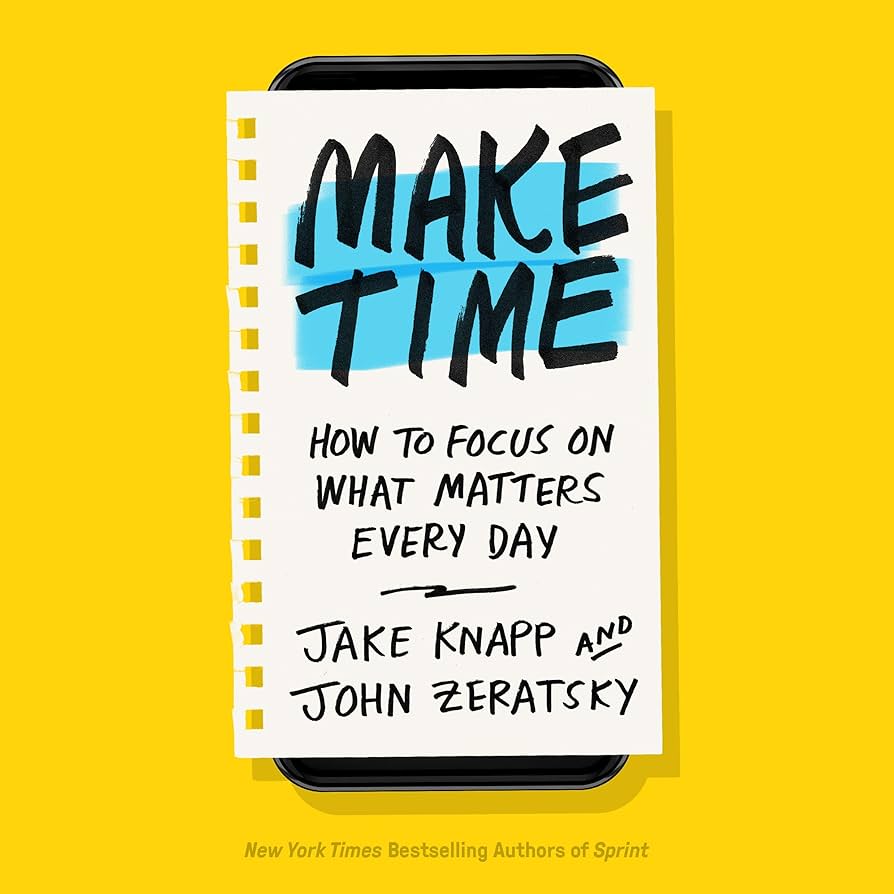
Make Time offers a refreshing approach to managing daily life, focusing less on rigid schedules and more on what truly matters. The authors, both former Google designers, share strategies to reclaim focus and energy from distractions. Each chapter presents simple experiments that help you test and adapt methods that suit your lifestyle. The tone is friendly and encouraging, making it easy to apply their ideas without pressure. By learning to prioritize meaningful tasks and reduce unnecessary busyness, readers can create a more fulfilling rhythm each day. It’s practical, flexible, and surprisingly motivating.
7. Getting Things Done by David Allen
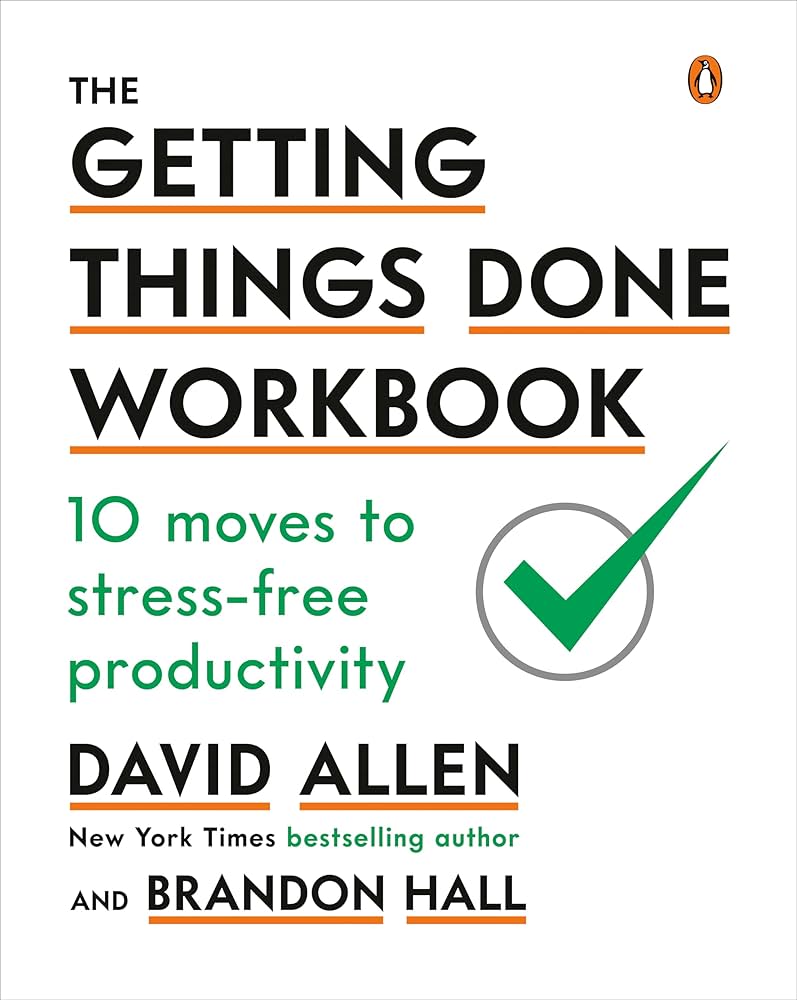
David Allen’s Getting Things Done is a productivity system designed to bring clarity and control to modern work. It teaches you how to capture, organize, and review every task so your mind stays focused instead of cluttered. The book’s structured methods help reduce stress and increase efficiency, whether you’re managing a business or daily errands. Allen’s approach empowers readers to take small steps toward consistent progress rather than rushing through tasks. His calm, methodical tone makes productivity feel sustainable instead of exhausting. It’s a foundational read for anyone seeking balance and effectiveness in their routines.
8. The One Thing by Gary Keller and Jay Papasan
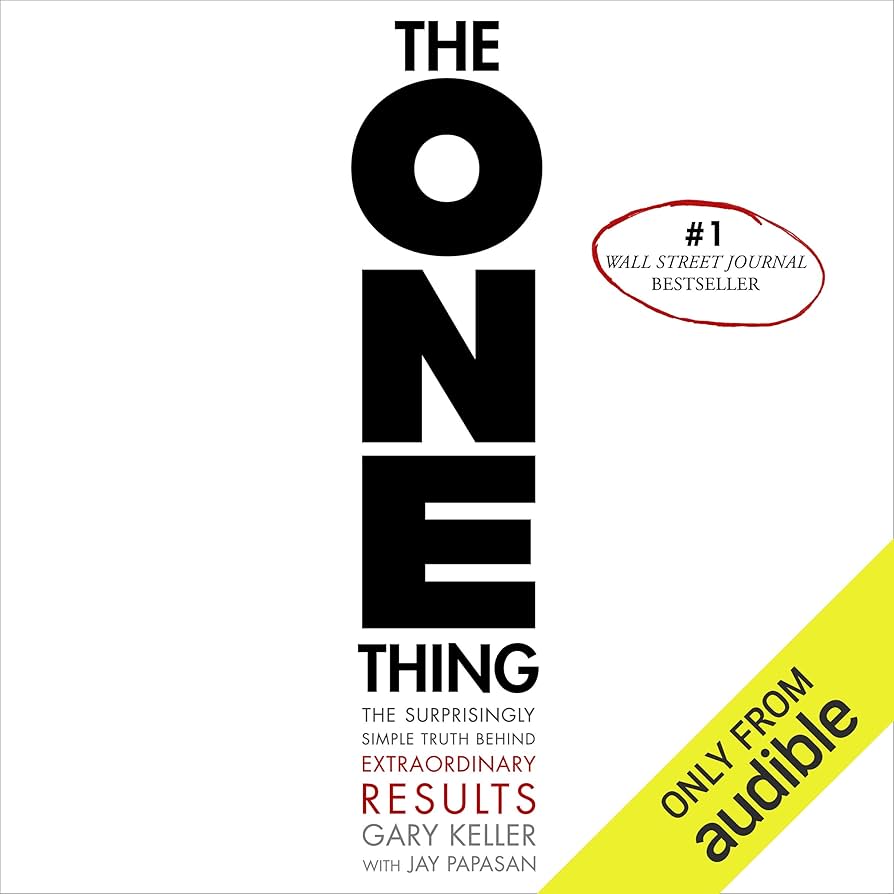
The One Thing encourages readers to identify the single most important task that drives the greatest results. Keller and Papasan present a simple yet powerful idea: success comes from focusing on what truly matters and eliminating distractions. The book is filled with clear examples and practical exercises that make prioritization easier. It’s not about doing more but about doing what matters most with intention. The writing is straightforward and relatable, reminding readers that clarity and consistency often lead to success faster than multitasking. It’s a great guide for achieving meaningful progress without burnout.
9. Essentialism by Greg McKeown
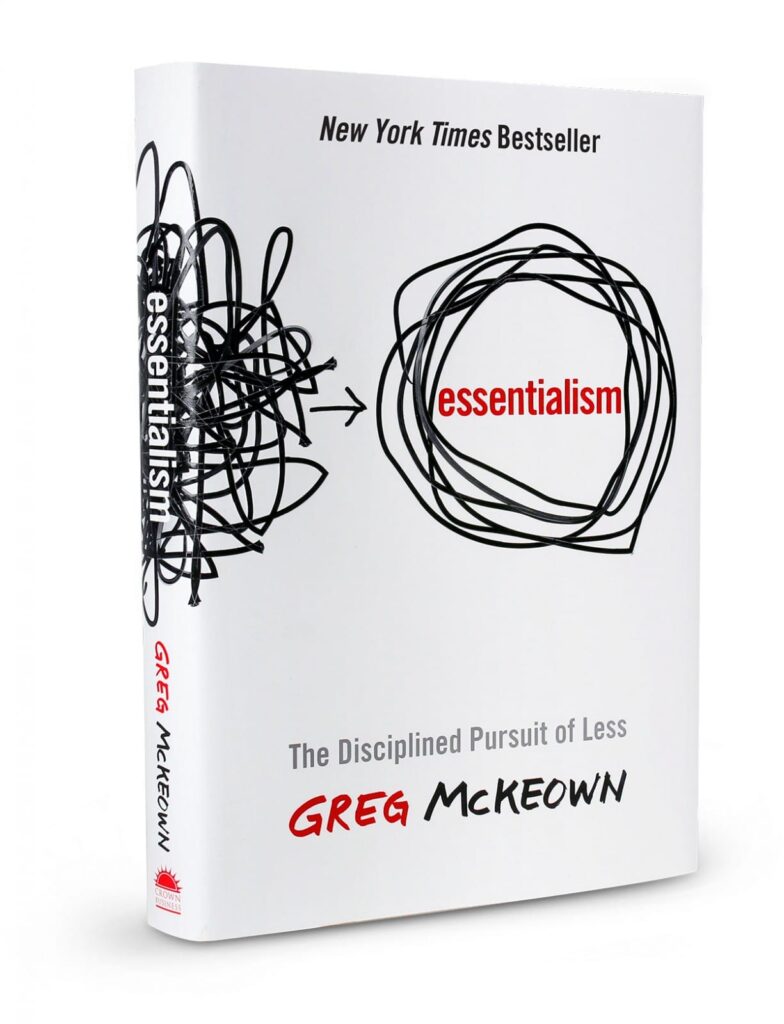
Greg McKeown’s Essentialism is a call to simplify life and focus on what is truly valuable. He explains that success often leads to clutter with too many choices, commitments, and distractions. The book teaches how to identify what’s essential and confidently eliminate what’s not. McKeown’s tone is compassionate and practical, guiding readers toward clarity and purpose without judgment. Each chapter encourages reflection and action, making it easier to create boundaries and regain control over time and energy. Essentialism inspires a lifestyle of calm focus where every decision aligns with your highest priorities.
10. Designing Your Life by Bill Burnett and Dave Evans
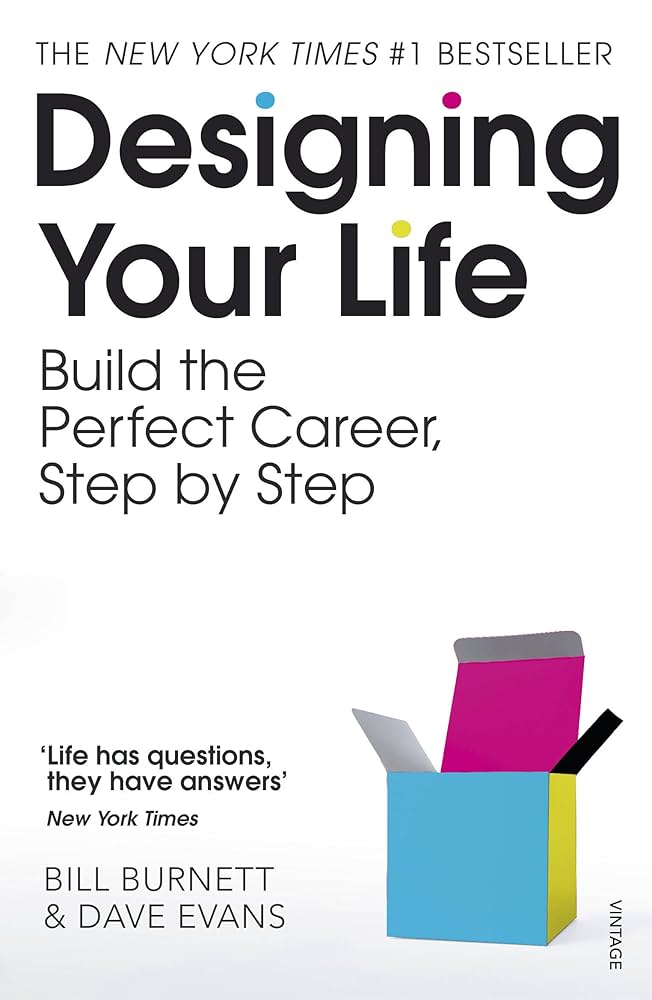
This book takes the principles of design thinking and applies them to life planning. Burnett and Evans, both Stanford professors, help readers approach personal growth as a creative, iterative process. Instead of aiming for perfection, they teach you to prototype your life by testing ideas, learning from feedback, and adapting as you go. The book’s tone is warm, insightful, and hopeful, encouraging readers to stay curious rather than anxious about the future. It provides practical exercises to clarify goals, explore career paths, and build a joyful, meaningful life step by step.
11. Four Thousand Weeks by Oliver Burkeman
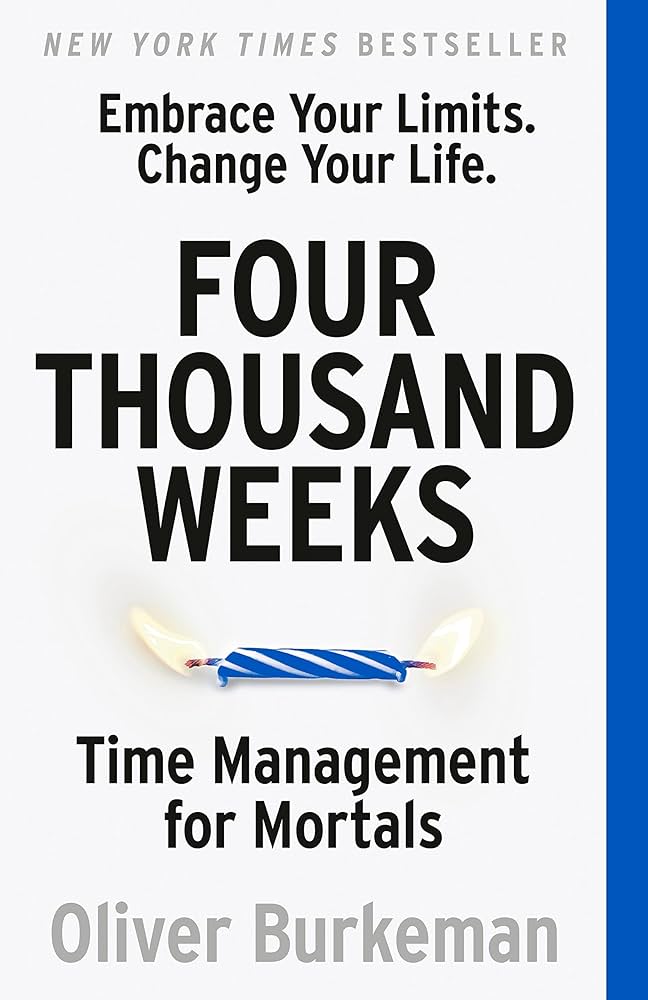
Oliver Burkeman offers a philosophical and deeply human look at time management. Instead of chasing endless productivity, he invites readers to accept life’s limitations and focus on what truly matters. With humor and honesty, Burkeman reminds us that our roughly four thousand weeks on earth are finite and that embracing this truth can lead to freedom rather than fear. His reflections encourage mindfulness, patience, and presence in daily life. This book is less about managing time and more about making peace with it, helping readers live with purpose instead of pressure.
12. The War of Art by Steven Pressfield
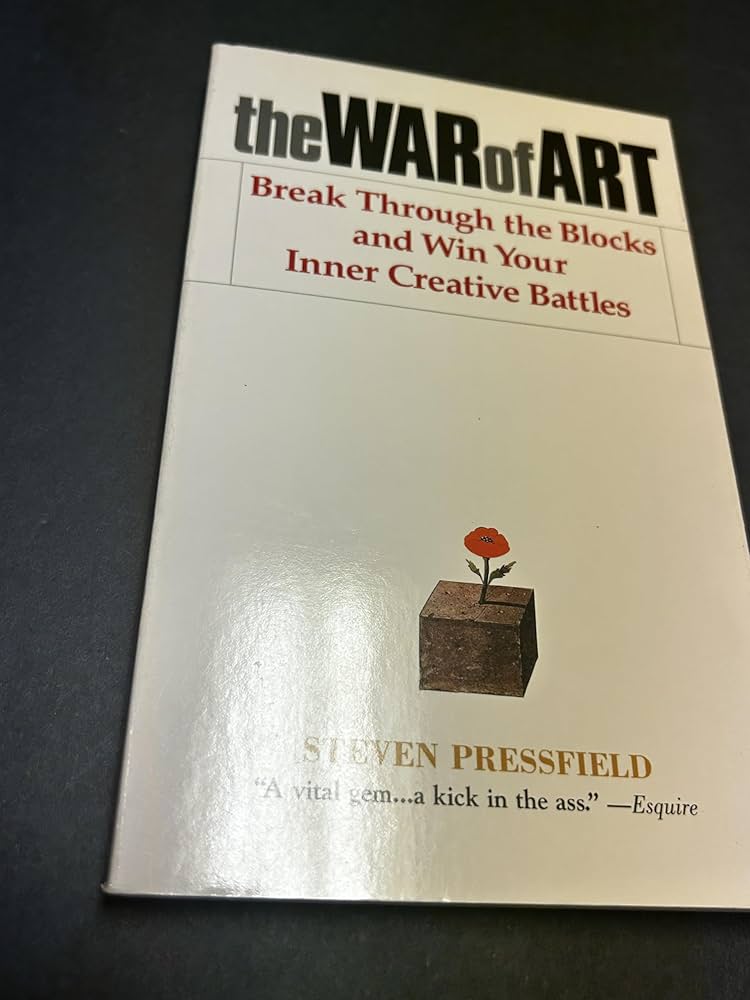
Steven Pressfield’s The War of Art explores the internal struggles that prevent people from creating, achieving, and growing. He calls this resistance the invisible force that causes procrastination, doubt, and fear. Through short, impactful chapters, Pressfield encourages readers to confront resistance head-on and take consistent action. His tone is honest yet uplifting, urging self-discipline as the key to unlocking creative potential. Whether you’re an artist, entrepreneur, or student, this book offers timeless wisdom about perseverance and purpose. It’s a motivating guide to overcoming inner barriers and turning ideas into reality.
Comments